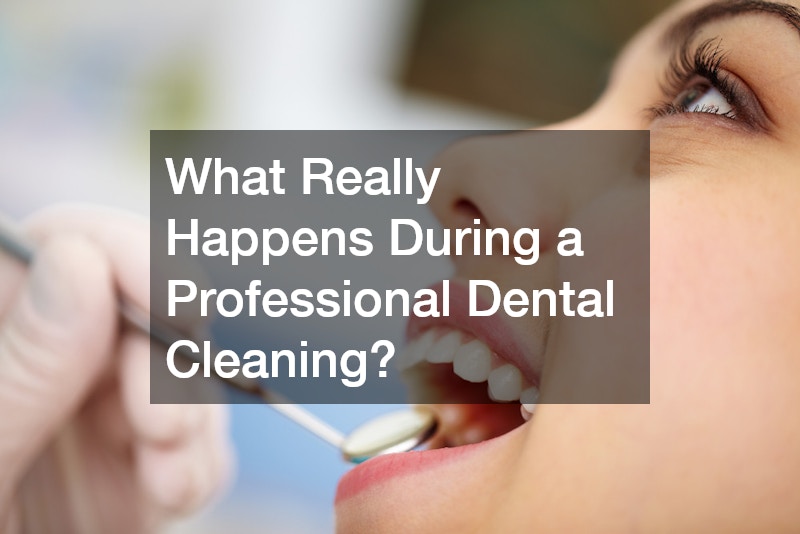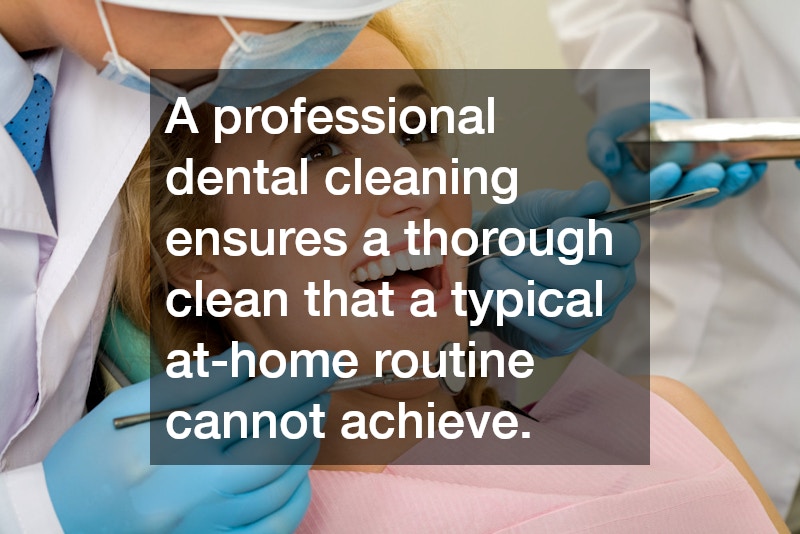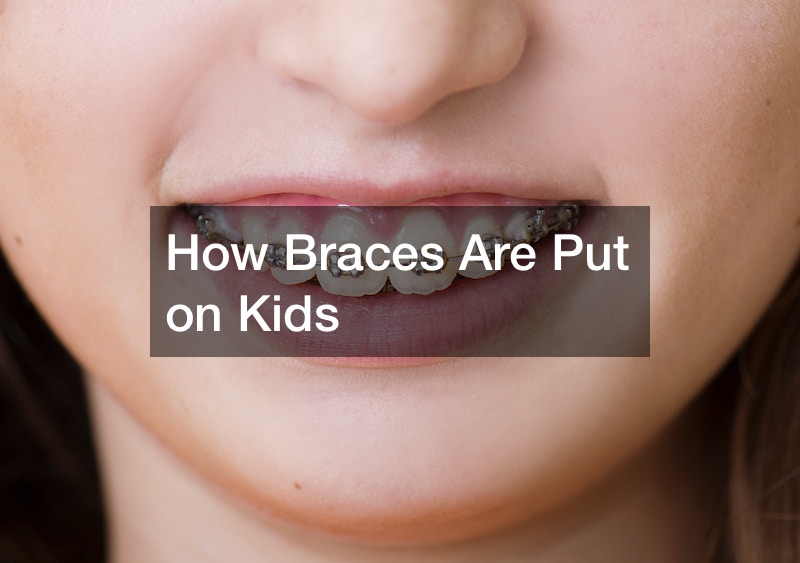
What Really Happens During a Professional Dental Cleaning?

Understanding the essential steps and benefits of a professional dental cleaning in Aurora, CO is crucial in appreciating its role in maintaining optimal oral health. Dental cleanings not only help in removing tartar and plaque buildup but also play a significant role in preventing gum disease and tooth decay. Regular visits to the dentist are vital because they detect any potential oral health issues early, allowing for prompt treatment and maintaining a healthy smile throughout your life.
What Does a Dental Cleaning Involve?
A professional dental cleaning typically involves several key steps, ensuring a thorough clean that a typical at-home routine cannot achieve. First, a dental hygienist will use a small mirror to examine your teeth and gums, looking for any signs of gingivitis or other potential issues.
This assessment helps them identify areas that require more attention during the cleaning process.
Next, the hygienist uses a scaler to remove plaque and tartar around your gum line and between your teeth. Even with diligent brushing and flossing, tartar can build up and requires professional tools to eliminate effectively. The scraping sound may seem a bit unsettling, but it is a normal part of the process and ensures no buildup remains.
After scaling, the teeth are polished with a high-powered electric brush and gritty toothpaste to scrub them gently. This process ensures any remaining plaque is removed, and your teeth are left feeling smooth and clean. Finally, flossing removes debris stuck between teeth and offers a fresh canvas for fluoride treatment, which strengthens enamel and fights decay.
Is a Professional Dental Cleaning Painful?
Many people express concern about the potential discomfort associated with dental cleanings. However, under normal conditions, a professional cleaning is not painful. The hygienists are trained to be gentle, and they work efficiently to mitigate any discomfort while effectively removing buildup and cleaning your teeth.
While most patients experience no pain, some might feel slight sensitivity, especially if they have gum recession or exposed dentin. If this is a concern, it’s essential to communicate with the dental professional, who can take special precautions, such as applying a topical anesthetic to minimize sensitivity and ensure a comfortable experience.
Occasionally, patients with existing dental issues such as significant tartar buildup or inflamed gums might experience a little discomfort. However, the sensation is typically brief, and the minor discomfort outweighs the benefits of maintaining good oral health. Remember, the discomfort is often a sign that a cleaning was needed, and future visits should be less uncomfortable with regular maintenance.
How Often Should You Have a Professional Dental Cleaning?
Dental professionals typically recommend scheduling a professional dental cleaning every six months. This frequency helps maintain oral health by preventing the build-up of tartar and plaque, which can lead to more severe dental issues. Regular cleanings also serve as an opportunity for early detection of other dental problems, allowing for timely intervention.
However, certain individuals may require more frequent cleanings, depending on specific factors such as their oral health history, age, and lifestyle habits. For instance, smokers or those with a history of gum disease might benefit from more frequent visits to ensure that any potential issues are addressed promptly. Dental professionals can provide personalized recommendations based on individual health needs.
On the other hand, maintaining excellent oral hygiene practices at home does not replace the need for professional cleanings. Even with the most diligent brushing and flossing routines, plaque and tartar can still build up in hard-to-reach areas of the mouth. Regular professional cleanings act as an essential complement to daily oral hygiene, ensuring comprehensive care and long-term dental health.
Conclusion
A professional dental cleaning is a fundamental component of oral healthcare, involving thorough cleaning and preventive treatments. Regular cleanings help detect and prevent dental issues, provide an opportunity for professional advice, and keep your mouth healthy overall. Embracing these routine visits is crucial in maintaining not just the brightness of your smile, but also your overall well-being, as oral health is closely linked to general health.



